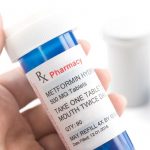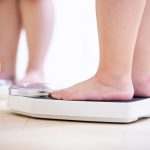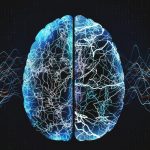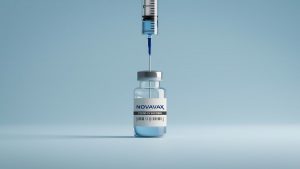
Rates of postpartum depression have more than doubled in little over a decade among American women, a new analysis shows. While about 1 in every 10 new moms (9.4%) suffered postpartum depression in 2010, that number rose to almost 1 in every 5 (19%) by 2021, report a team from Kaiser Permanente Southern California. Why the steep rise? Better detection and reporting could be playing a big role, the researchers said. However, rising rates of obesity during pregnancy could also be a factor, since obesity has long known to be a risk factor for postpartum depression. Whatever the reasons, “the prevalence of postpartum depression is high and rising,” said a team led by Dr. Darios Getahun, a Kaiser researcher based in Pasadena, Calif. His team published its findings Nov. 20 in the journal JAMA Network Open. As defined by the researchers, postpartum depression is “a depressive disorder that occurs within 12 months following childbirth.” Like other forms of depression, symptoms include sadness, anxiety and lack of interest in activities that were once pleasurable. Mothers with postpartum depression may fail to bond with their infant, neglect breastfeeding and develop other illnesses. “In severe cases, postpartum depression can lead to suicide or infanticide,” Getahun’s team wrote in the report. In their new analysis, the researchers tracked rates of postpartum depression for more than 442,000 California pregnancies between… read on > read on >































-300x200.jpg)





